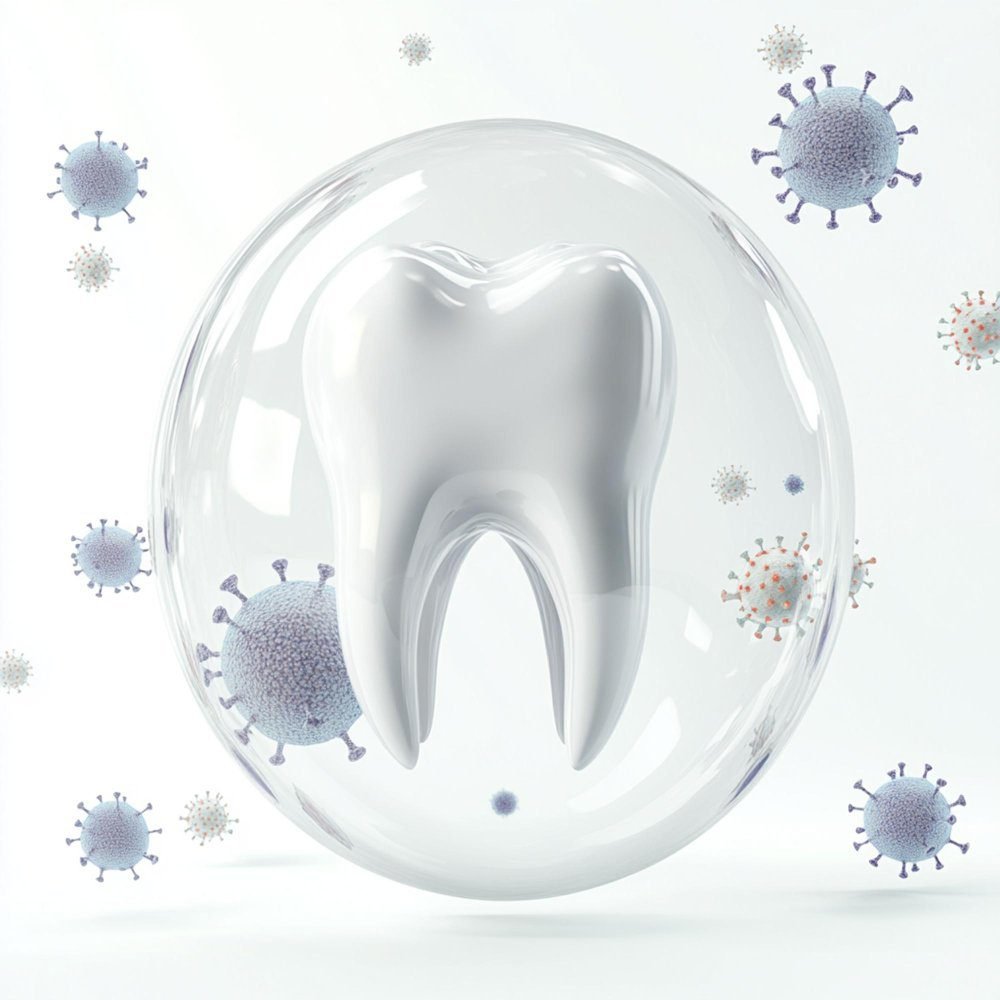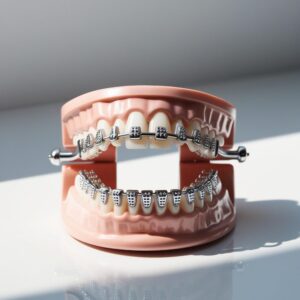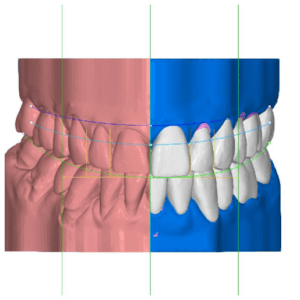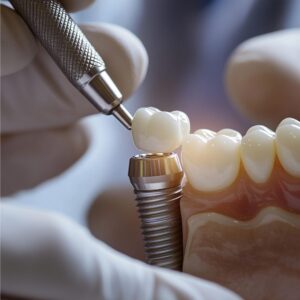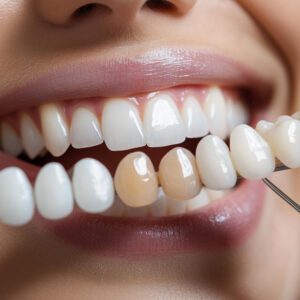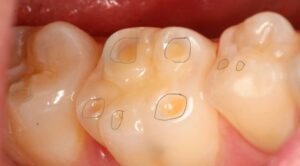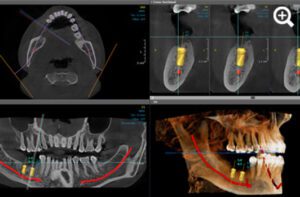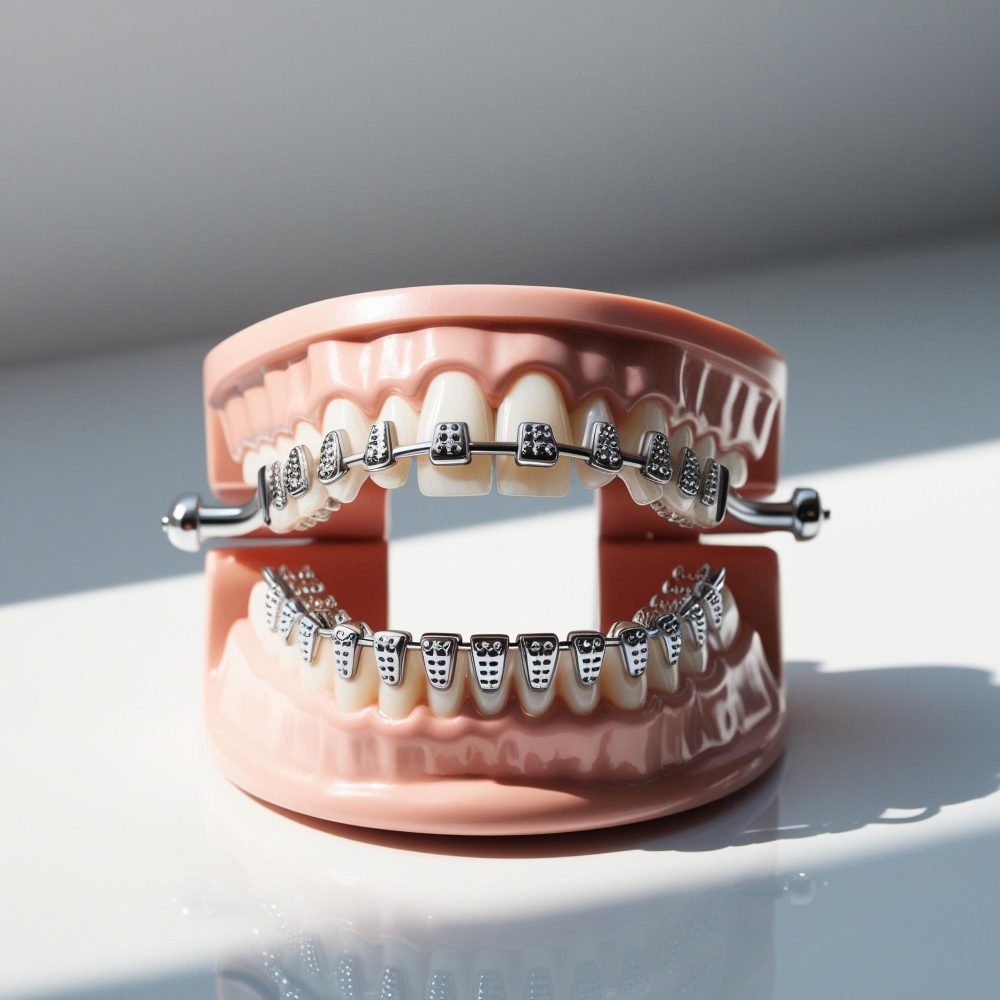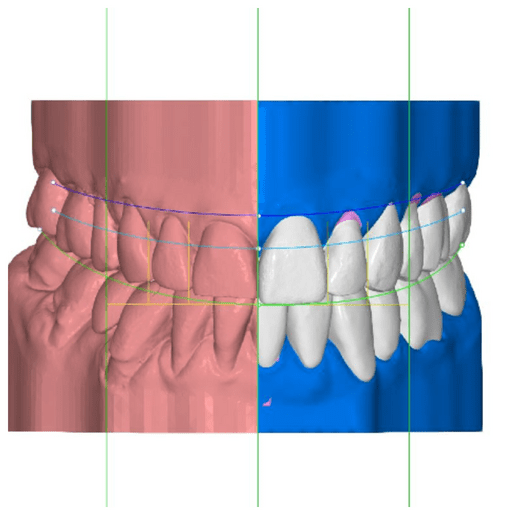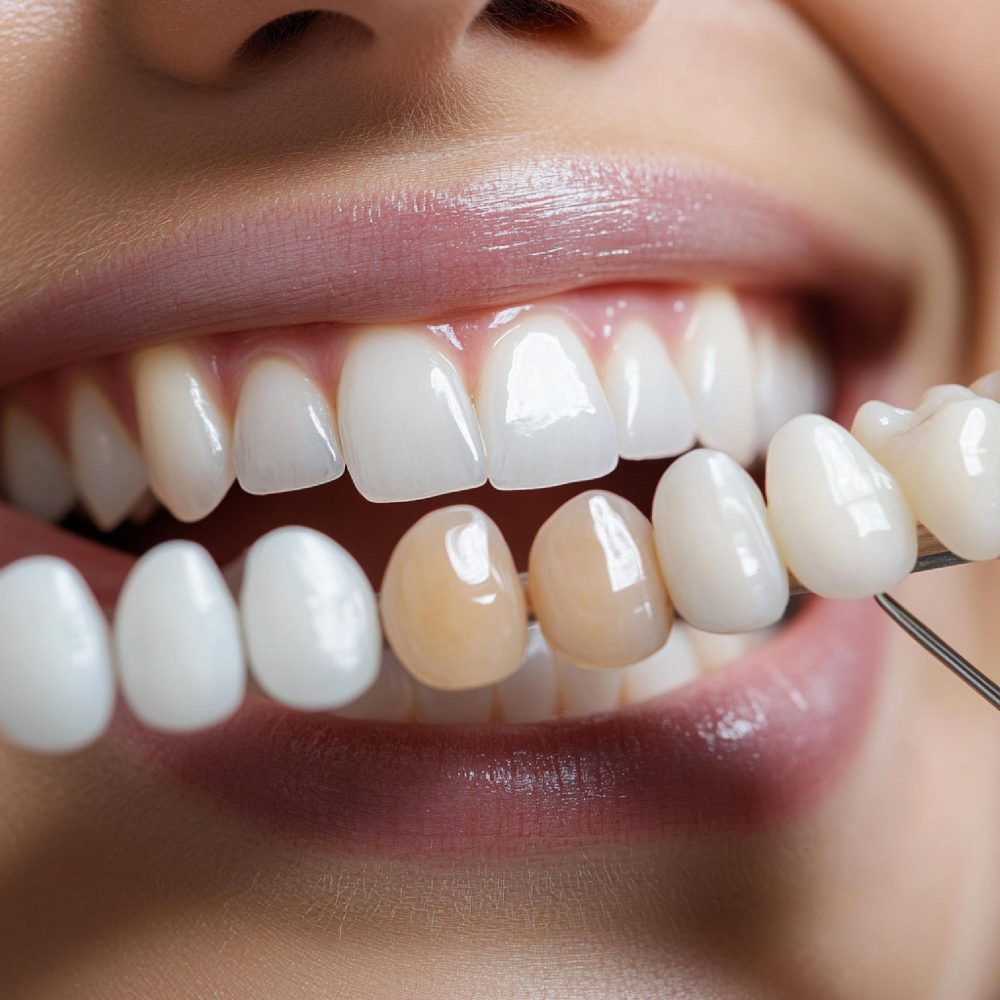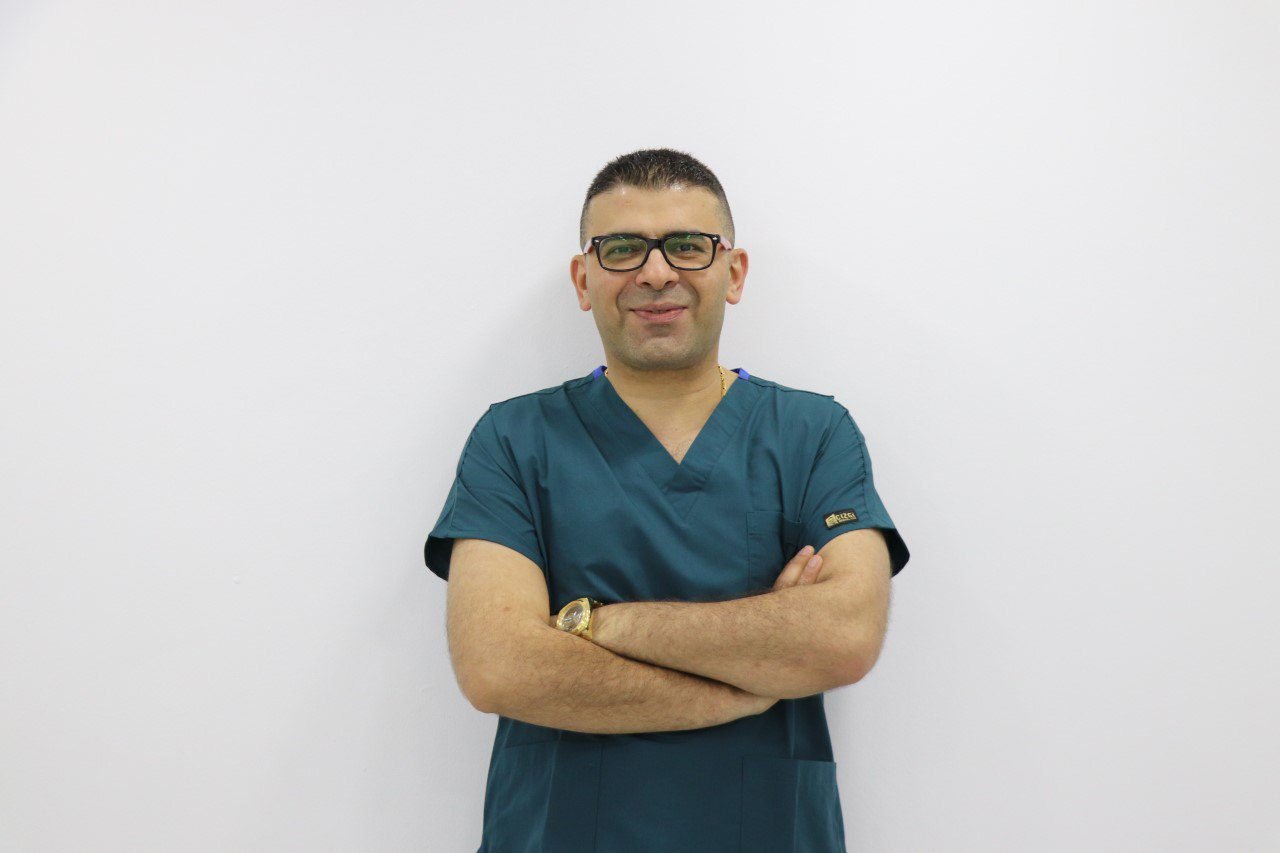Introduction
In the evolving field of modern dentistry, understanding the interaction between dental prostheses (dentures) and the oral microbiome is becoming increasingly vital. Recent research highlights how removable or fixed dentures can significantly alter the oral microbiome’s delicate balance, potentially contributing to both oral and systemic health complications.
The Oral Microbiome: Guardian of the Mouth
The oral microbiome is a dynamic community of bacteria, fungi, viruses, and protozoa that colonize various surfaces in the mouth. It plays a crucial role in maintaining oral and systemic health. Disruption of its balance—known as dysbiosis—has been linked to:
- Dental caries
- Periodontal disease
- Halitosis
- Cardiovascular diseases
- Diabetes mellitus
Maintaining this balance is essential for long-term wellness, especially in patients with missing teeth who require prosthetic restoration.
How Dentures Affect the Oral Microbiome
1. Microbial Shifts and Pathogenic Overgrowth
Scientific evidence shows that dentures can foster an environment conducive to the growth of pathogenic microorganisms like Candida albicans and Streptococcus mutans. These microbes may increase the risk of:
- Denture stomatitis
- Root caries
- Chronic halitosis
- Oral candidiasis
(Nature.com – EBD Review, 2025)
2. Material Matters: Denture Composition and Microbial Adherence
The type of material used in prostheses dramatically influences microbial colonization. For instance:
- Zirconia dentures exhibit lower biofilm accumulation than acrylic or titanium.
- Surface roughness and porosity of materials determine microbial adhesion.
Patients are advised to consult clinics that customize prostheses using anti-bacterial, bio-compatible materials—an approach championed by top-tier clinics in Istanbul.
3. Systemic Implications of Oral Dysbiosis
An imbalanced oral microbiome associated with poor denture hygiene can lead to translocation of harmful bacteria into the bloodstream, potentially exacerbating conditions like:
- Cardiovascular disease
- Respiratory infections
- Insulin resistance
Maintaining oral microbial health is thus not just a dental concern—it is a general health priority.
Best Practices for Denture Wearers
- Daily Cleaning: Use soft brushes and specific denture cleansers.
- Remove Overnight: Allow tissue rest and reduce microbial load.
- Professional Monitoring: Bi-annual dental checkups and microbiome assessments.
- Material Upgrade: Choose zirconia-based or nanocoated dentures when possible.
Where Expertise Meets Innovation: Dr. Abdurrahman Ozturk’s Clinic in Istanbul
One of the top destinations for advanced prosthodontic care in Turkey is the clinic of Dr. Abdurrahman Ozturk in Istanbul. Known for integrating science-based approaches with aesthetic excellence, the clinic offers:
- Customized denture design using anti-microbial materials
- Oral microbiome analysis for long-term patient wellness
- Comprehensive follow-up and hygiene guidance for denture wearers
Patients from around the world trust Dr. Ozturk’s clinic for world-class treatment that respects both the beauty and biology of a healthy smile.
Conclusion
Dentures are essential for restoring function and appearance, but they also interact with the oral microbiome in complex ways. Choosing the right materials, maintaining proper hygiene, and working with a clinic that understands these dynamics—such as Dr. Abdurrahman Ozturk’s Clinic—can protect your oral ecosystem and overall health.

